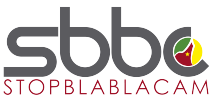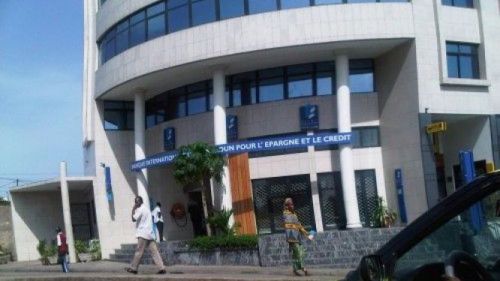BICEC customers speak of it as if it is fiction. And yet it is real. A number of them declare that they have been the target of phishing, this internet fraud which is done by fraudulent e-mail. This situation has pushed the management of Banque Internationale du Cameroun pour l’Épargne et le Crédit (BICEC), subsidiary of the French group BPCE, to speak out on 5 May 2017.
In a communiqué, the general management indeed confirm that crooks are looking to dupe its clients through an e-email appearing to come from BICEC. "This electronic correspondence invites clients to click on a link, under the pretext of updating their information (account or bank card details, secret code)", clarifies the bank.
BICEC shows one of the fraudulent e-mails received by one of the customers. "Dear customer, please find the attached form, complete the form and submit as needed. This security update will help to prevent all fraudulent and illegal activity of our identity to clientele and confirm that you are really the owner of the account you are using. Impossible to update your bank account by internet, will lead to a temporary blockage of your bank on internet for security reasons", discloses BICEC.
Who adds that the crooks conclude triumphantly: "Please download and complete the attached security update form. BICEC is determined to protect the identity of its users of internet banking services. Help us to better serve you. It is all a question of your security. Thank you for banking with us. Cordially. BICEC Group BPCE"
The subsidiary of BPCE calls for vigilance. It asks never to click on links to a purported banking site and not to respond to correspondence of this type. "BICEC would never ask for personal information (user identification, secret code) by e-mail", insisted the bank.
Sylvain Andzongo















